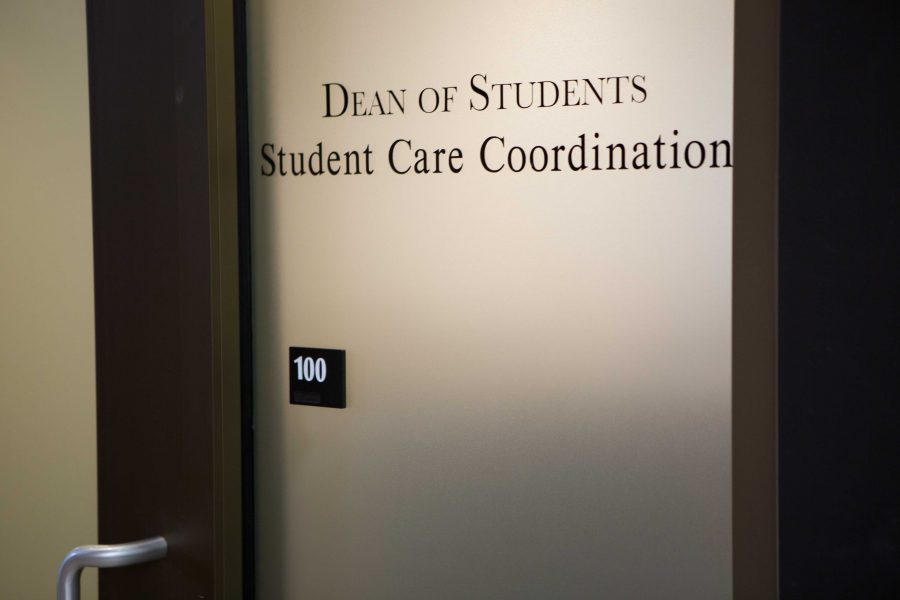July 1 of this past summer marked the launch of the Student Care Network, through which all resources pertaining to students’ health and wellbeing are now organized and connected. With the launch of the network also came the opening of the Office of Student Care Coordination (OSCC) and the official transition to the University Counseling Center (UCC).
While these two new offices, as well the Center for Student Wellbeing and the Student Health Center, make up the four primary offices of the network, any and all resources on campus and in the community are integrated into the network. These resources have been grouped into nine categories: physical, emotional, spiritual, social, financial, vocational, sexual, intellectual and cultural & identity.
“We’ve been looking at over two years of feedback and data from students, whether it was through surveys or open forums, things like that,” Lisa Clapper, Student Care Manager at the OSCC, said. “And it turns out that, Vanderbilt chose to transition to this integrated model of care because that’s what students were saying they needed. We launched the Student Care Network, the UCC and the Office of Student Care Coordination in order to best respond to these needs.”
The Office of Student Care Coordination, located at Sarratt Suite 100, acts as a central and first point of contact, to try to help students navigate the Student Care Network and find the right resources at the right time.
“We take a very individualized approach talking with the students: meeting one on one, talking about what concerns are, working collaboratively to develop a student success plan, and then sort of exploring the resources that are available, whatever that might look like for that particular student,” Clapper said. “And then we can even go as far as setting up appointments with them, going to different places around campus to introduce them and facilitate those connections in a meaningful way, and then following up with them, so that we can ensure that those resources are being used, that they’re the right resources, to see that we haven’t missed anything.”
Students can fill out an intake form online, and then the office will contact them to set up a meeting with one of their Student Care Coordinators.
“We have a really great, wide background of experience, which is what we were really hoping for when we built this team,” Clapper said. “We have experience in clinical case management, clinical social work and mental health counseling.”
Clapper expressed that the Student Care Coordinator’s goal is to use their knowledge and experience not to provide clinical services for students, but to best guide them in connecting with the most appropriate resources. She also emphasized the importance they hold of continuing to communicate with students after the initial consultation.
“We really want to provide that supportive follow-up for students, to know that, it can be challenging to navigate the system, but we’re here to help you,” Clapper said. “So we’re not going to have that therapeutic relationship with a student, but hopefully we can have a good working relationship with them so that we can continue to partner with them throughout their time here.”
Since their launch over the summer, the Office of Student Care Coordination has been collaborating with student leaders such as Resident Advisors, VUceptors and Vanderbilt Student Government, as well as faculty and staff, to make sure as many people as possible are aware of the network. Now that the school year is in full swing, Clapper is looking to stay flexible and evolve in order to meet students’ changing needs.
“On the Student Care Network website there’s a feedback form, so students can fill out that feedback form,” Clapper said. “We want to hear positive and areas that we can improve on, to be able to make shifts if necessary to make sure that we’re providing the correct services and the most beneficial services… We really just want students to feel supported through their academic journey and hope that we can be that office for them.”

